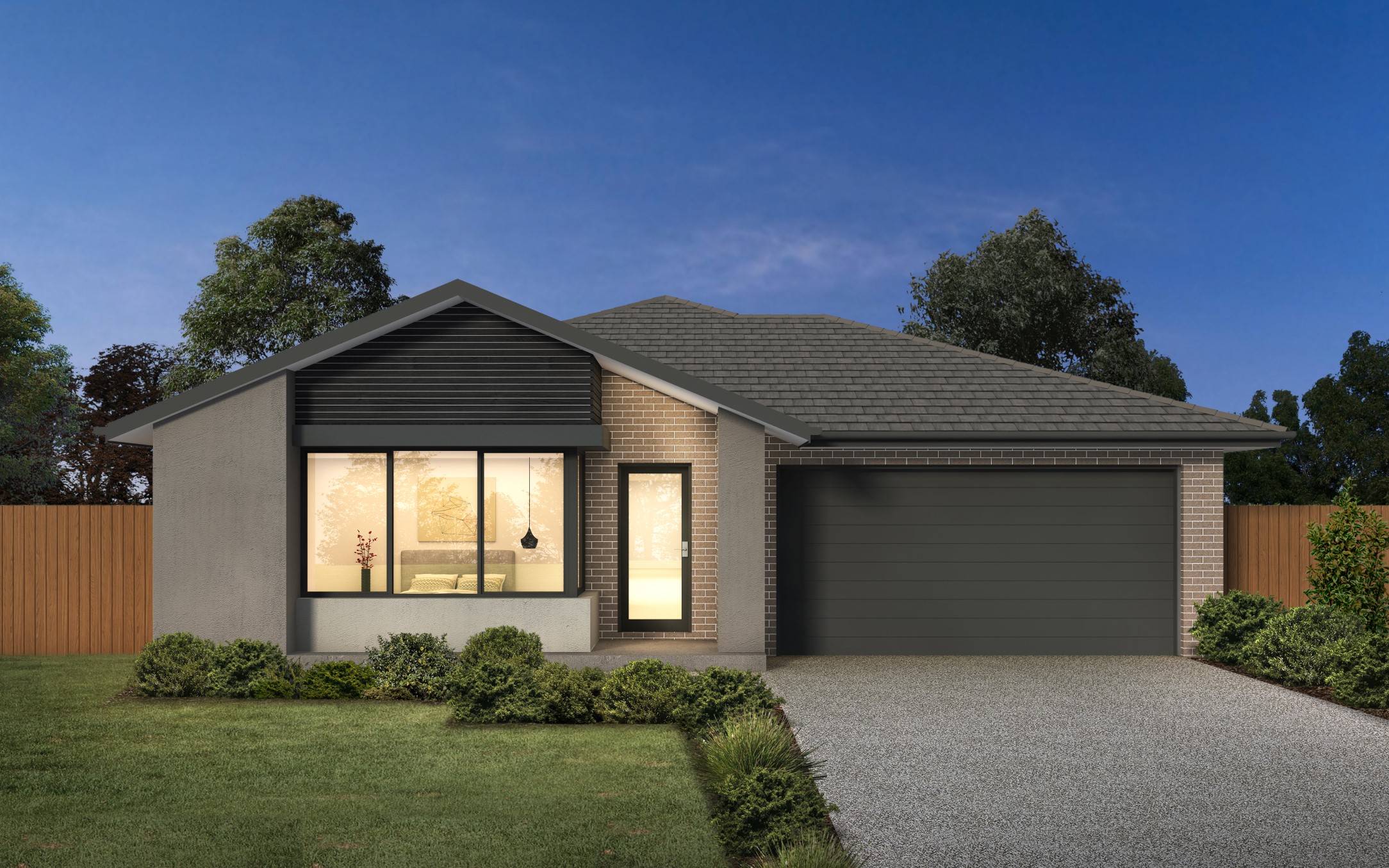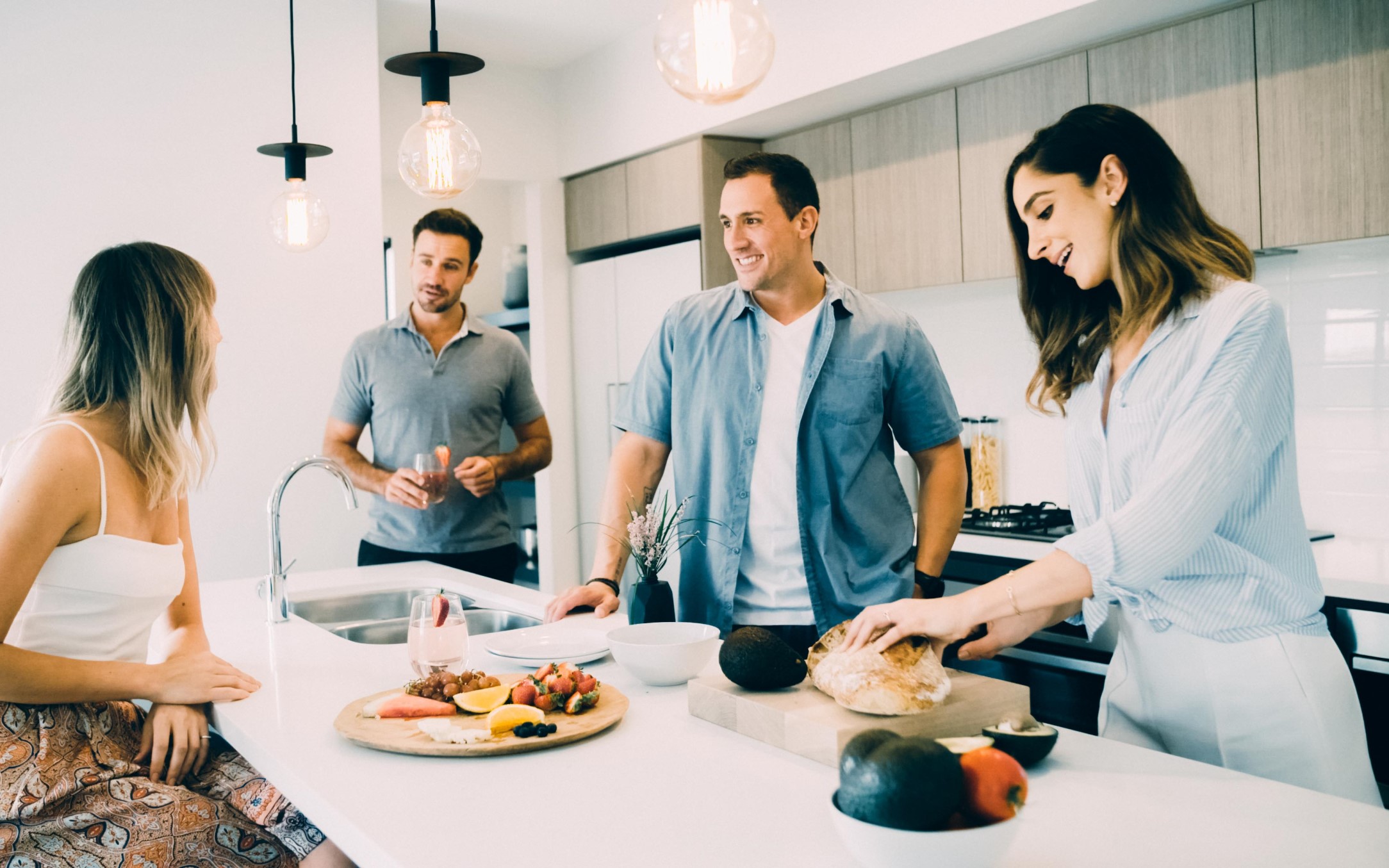Invest & Finance
First Home Buyers Benefit from Budget 2017
It was good news for home buyers in last night’s budget with Treasurer Scott Morrison declaring that "the government is making changes that will help more people realise their goals of home ownership”.
The Treasurer announced a series of new measures designed to improve Australian housing affordability, not only for first home buyers but for downsizers as well.
So what does it mean for you?
If you’re a first home buyer:
First-home buyers saving for a deposit on their first home will be able to use their superannuation as a sort of supercharged savings account under the new “First Home Super Savers Scheme”. From July 1 2017, individual savers and both partners in a couple will be able make voluntary super contributions up to $30,000 ($15,000 per year) to place a deposit on a house or apartment.
Savers will be able to withdraw that cash from July 1 2018, with the deposit amount attracting the tax benefits of superannuation – contributions and earnings taxed at 15% (the same rate as normal employer super contributions) and withdrawals taxed at 30% below the marginal tax rate.
The measure (which is expected to cost the federal government $250 million over the next four years) is said by the Treasurer to have the potential to accelerate savings by “at least 30 per cent” compared with a typical deposit savings account.
With property prices as hot as they are, the $30,000 cap will mean that individuals may not be able to save their entire deposit through the Super Savers Scheme, but for those looking at growth areas outside of the inner city, $30,000 (or $60,000) will still represent a valuable contribution to their first home.
Check out Thrive Homes’ house and land packages in and around Sydney starting from under $600,000 at the date of this article.
If you’re looking to downsize:
Empty nesters are being encouraged to downsize to make way for younger growing families. Under the “downsizer contribution”, from July 1 2018, people aged over 65 will be able to make non-concessional super contributions of up to $300,000 (or up to $600,000 per couple) from the proceeds of the sale of their primary residence (provided they’ve lived there for a minimum of 10 years).
If you’re an investor:
While it’s good news for first home buyers and downsizers, the rules around negative gearing for property investors are being tightened, with the government removing the ability to claim tax deductions for travel expenses relating to owning an investment property. Effective from budget night, investors will only be able to claim depreciation deductions on plant and equipment (like washing machines and ceiling fans) the investor actually purchased themselves. Previously, successive investors were able to claim depreciation on the same items in excess of their actual value.
If you’re a foreign investor:
Foreign investors in the Aussie property market will no longer be able to claim primary residence exemptions for capital gains tax purposes. Fines have been introduced for those foreign investors who leave their properties sitting empty for at least six months in each year and foreign ownership of new developments will also be capped at 50%. You can read the full budget breakdown and what if means for you here.
Disclaimer: Thrive Homes is not a financial adviser. You should consider seeking independent legal, financial, taxation or other advice to check how this information and the 2017 Federal Budget relates to your unique circumstances. Thrive Homes is not liable for any loss caused, whether due to negligence or otherwise arising from the use of, or reliance on, the information provided herein whether directly or indirectly.




